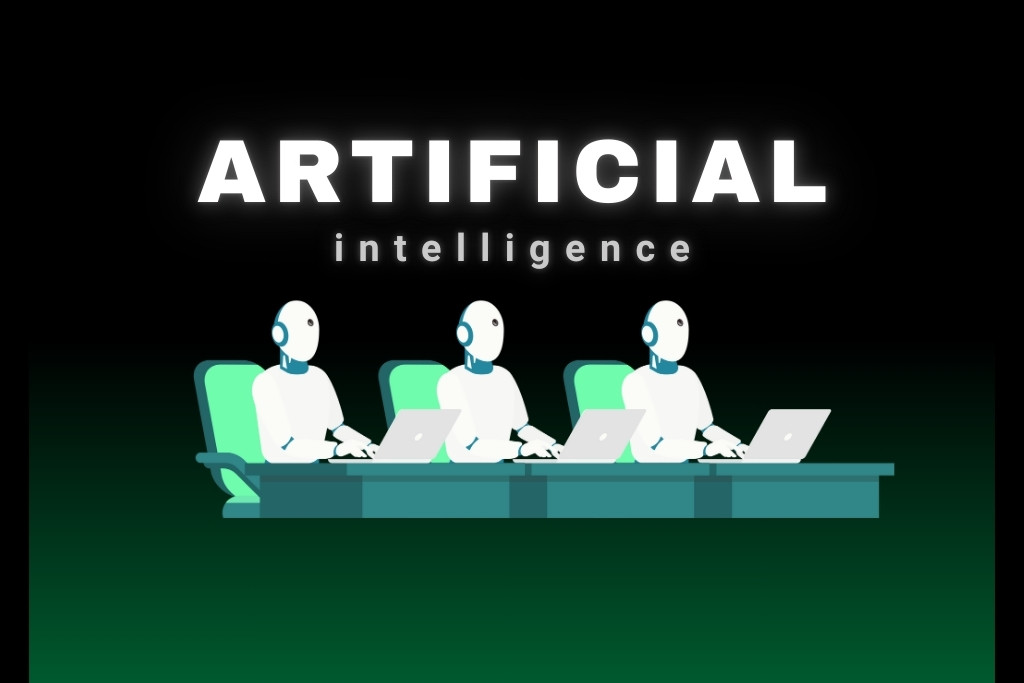The integration of artificial intelligence (AI) into all spheres, from medicine to education, and its consequences keep becoming higher. Teaching changes and digital learning extends the entire educational process and are made possible by AI. On the other hand, apart from the high-tech acceleration, AI also presents serious psychological problems that must be considered. The article goes over how AI motivates human actions, the cognitive decision-making method, and mental health, discussing both worries and benefits.
AI and Human Behavior
AI has become a part of our everyday routine and has caused different types of disruption in human behavior. For example, social media algorithms are personalized content providers whose user interactions and preferences are among their targets. Algorithms of this kind can form echo chambers so that users can only see news and opinions they already agree with, which prevents them from learning about other views. This process might convey how cognitive biases and social polarization are deeply interconnected.
Furthermore, technology like virtual assistants and chatbots has advanced human-to-computer interactions in a new way. Though these tools cut short the time users spend on their affairs, they can also deprive them of face-to-face communication, which is more likely to lessen social skills and emotional intelligence
Intelligence’s involvement in decision-making is both a change that has the potential to be good or bad. Predictive analytics and machine learning algorithms, widely used in finance, healthcare, and law, give individuals more options and help them make informed decisions. Nevertheless, excessive compliance with AI technologies might undermine decision-making ability and other essential cognitive skills. The mere fact that we trust that AI will always deliver a perfect solution to our problems and that we might fail to see the subtle points that the machine won’t understand is a good example.
AI decision-making also raises ethical concerns. Biases embedded in these programs, for example, could cause some people to be treated unfairly, which is why transparency and fairness in AI design are so important.
AI and Mental Health
Furthermore, AI’s influence on mental health is not limited to one side but it has both positive and negative effects. On the one hand, technology-assisted mental health apps and chatbots have been of great help to those who are feeling anxious, unhappy, or stressed. Such mobile apps provide resources like cognitive-behavioral therapy (CBT), mindfulness practice, and others, thus facilitating innovative ways to improve traditional mental health care.
On the other hand, the overuse of AI-based programs may become a factor in worsening mental health issues. For example, long-term exposure to social media platforms equipped with algorithms aimed at increasing users’ commitment to the channels might produce conditions like social comparison, social
Conclusion
The introduction of the digital era is gradually changing the psychological landscape. As technology gets more sophisticated the realization that people will have to comply with its regulations through decision-making and behavior will become more evident. As machines gain intelligence to the level of humans, the ethical issues critiquing the machines and their interaction with humans will be very important. He rereads the essay to see if his statements are consistent and make sense, and if the texts are logically linked.




